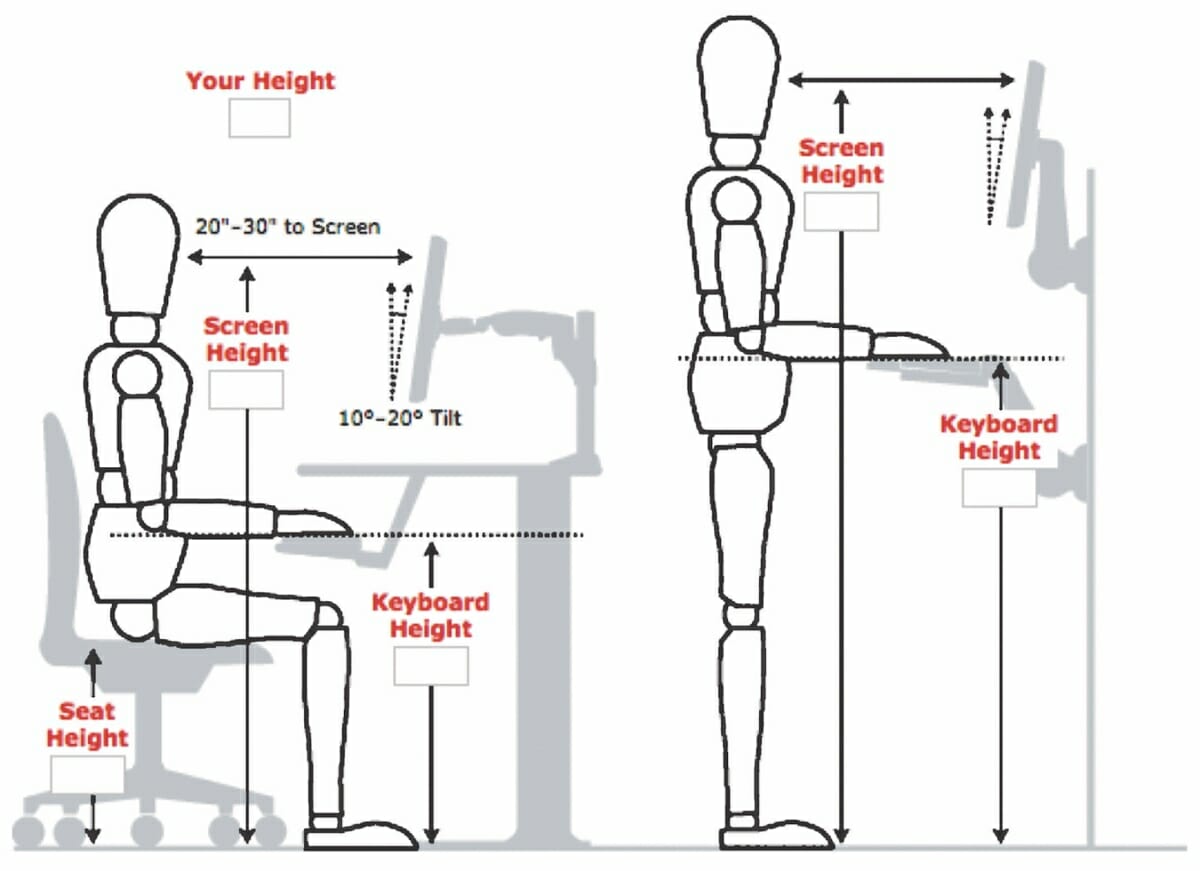By SCOTT GRABER
It’s Tuesday and I’m sitting in the comfortable, carpeted, low-ceiling library at the Casa de Solana (bed and breakfast) in St Augustine, Fla. It’s early — not yet dawn — and I’m writing without benefit of caffeine, scone, baguette or muffin.
This morning my wife still slumbers in our room on the second floor — actually everyone seems to be sleeping in their queen or king-sized beds. Perhaps they are dreaming of the fruit, waffle and whip-cream entree that comes, complimentary, at eight o’clock in the dining room.
Susan and I are in Florida because of a deposition in Gainesville involving probing (for three hours) for facts, recollection and revelations that will come into play at trial. But these days it’s hard to focus on anything but the virus — a creature that freights every encounter with questions about masks and distancing — leaving everyone uncertain, anxious.
The United States of America was well-conceived — our founders brilliant thinkers and good with words. (Yes, I know, some came to the table flawed when it came to their own house servants and field hands.) The Constitution they crafted was firmly grounded in the principles of private property, the accumulation of wealth; and in unfettered, unencumbered, uninterrupted commerce. These principles led, inevitably, to the protection of that accumulated wealth.
In its determination to protect wealth, we created walls, gates and laws dealing with trespass. Some of us — descended from English-speaking merchants — also wanted guards to protect the profits from our dawn to dusk labor. And so, in due course, we gave those guards guns.
Fifty-five years ago — when I was a cadet at The Citadel — I was designated “Officer of the Day.” This was the title for a cadet who would be that day’s policeman. He would stand guard, keep order and protect the few personal, pathetic items we kept in the barracks. This was not a permanent job, or one based on merit, but rather a 24-hour duty rotated through the senior class on a daily basis.
I was not issued a revolver. Rather I was given a red sash, a ceremonial sword, and spent most of the day (and night) walking around the campus looking for larceny, broken water pipes, but not finding much of anything.
But I will say that when I put on that sash, buckled on the sword, my sense of authority and importance was elevated; enhanced; I felt myself officially, statutorily empowered.
I think a similar sense of empowerment comes when one is issued a police revolver and a badge. I also believe that if one then encounters resistance — especially physical resistance — there is the tendency, an instinct really, to reach for the revolver.
Into this dangerous, young-men-carrying-firearms situation, we mix-in the issues of crime and race. Some — especially older white Americans — believe that the chances of being killed are mostly related to geography. Stay the hell out of downtown Detroit; and Inner City Baltimore; these places have become America’s “killing fields.”
As I write these words others are composing columns arguing that Black-on-Black crime is the real problem.
But these days we have the ubiquitous “bystander cam,” and everyone knows how to push that little button and instantly become a videographer. The police encounters are filmed as they happen and usually — within a couple of hours after the shooting — we get to see the film for ourselves.
And so we watch the slow-motion, endlessly repeated video showing the officer putting his knee on the neck of a Black man until he dies. We see the slightly intoxicated Black man (who fell asleep waiting in line for a burger) shot in the back. We see this with our own eyes, and what we see looks very bad for the men with guns and badges.
In the past popular revolutions went through a years-long period of gestation where starvation, peaceful demonstrations and brutal reaction and repression — think Russia in 1917 — played out over a period of years. Revolutions took time because there was no Twitter, Facebook, Instagram or cable news to instantly disseminate the anger and outrage.
I don’t have a clue where this is going to end, but I don’t think it will end by reforms, removal of statues or the re-naming of military bases. This train is bound for reparations. And that debate will be divisive; contributing to an atmosphere of alienation and anger when what this country wants is understanding, empathy, compassion and forgiveness.
Scott Graber is a lawyer, novelist, veteran columnist and longtime resident of Port Royal. Email Scott at cscottgraber@gmail.com.







